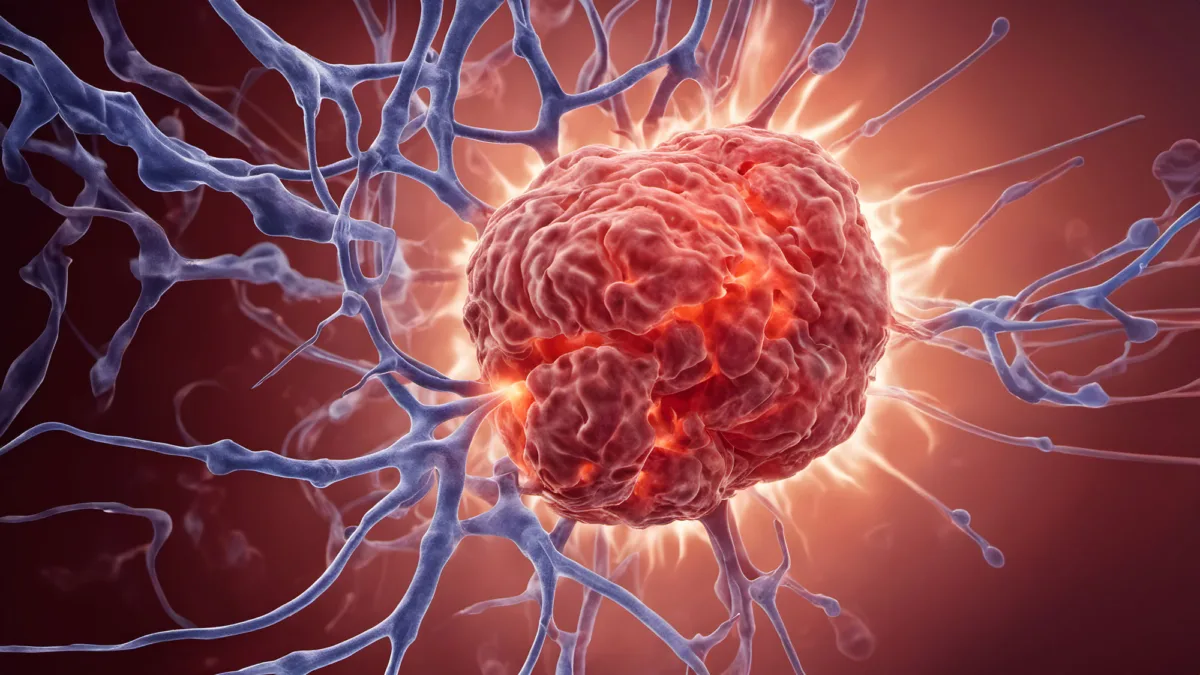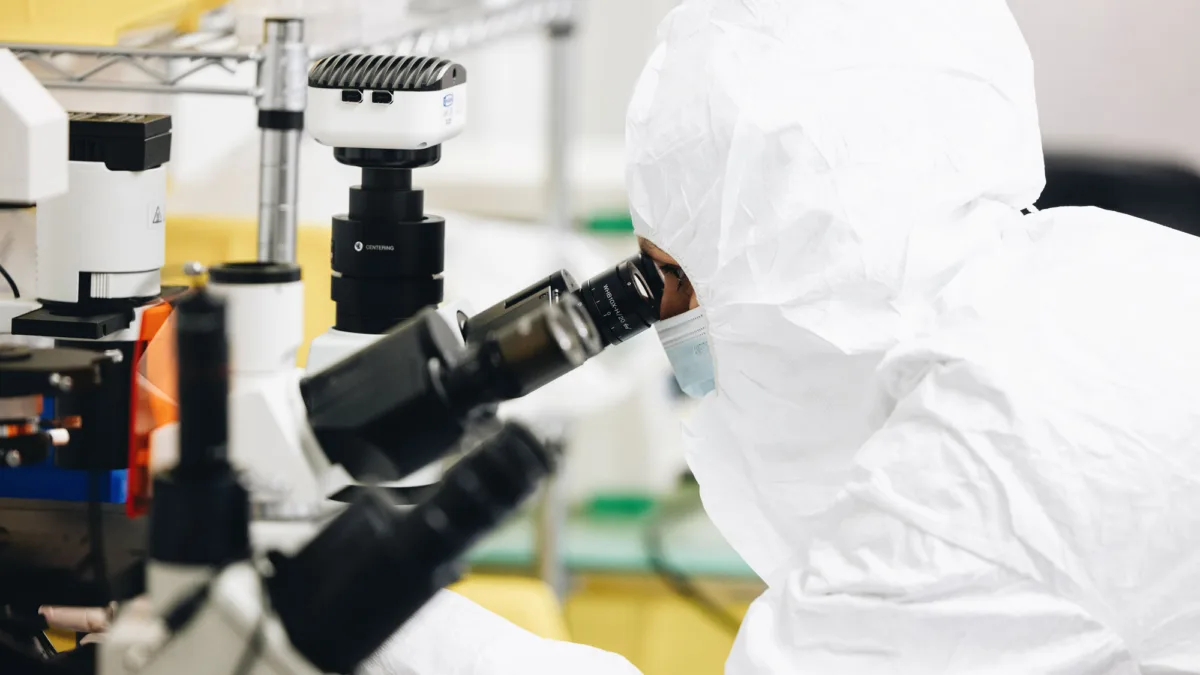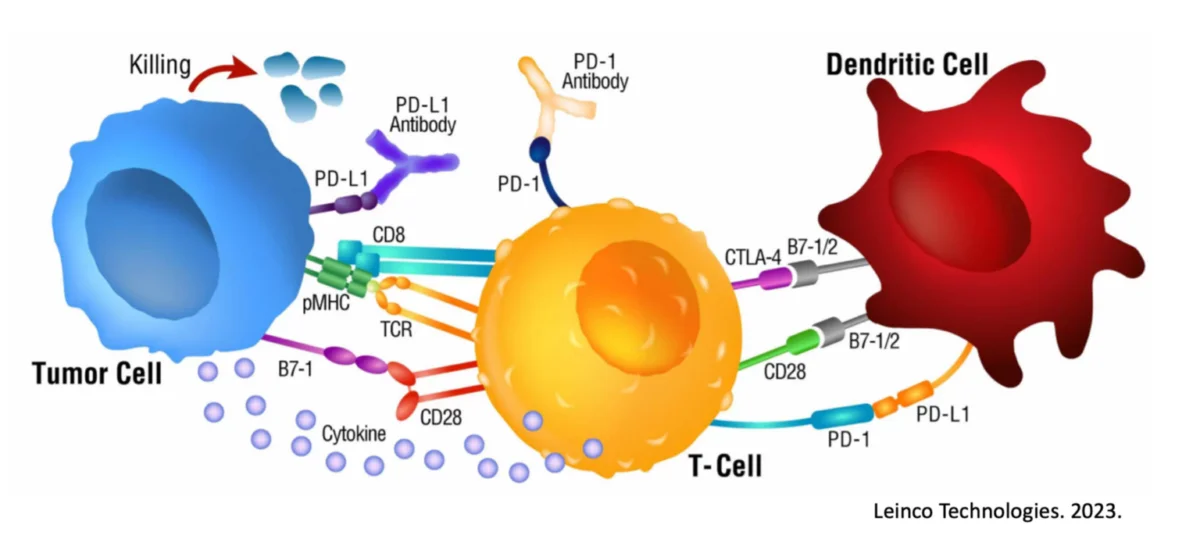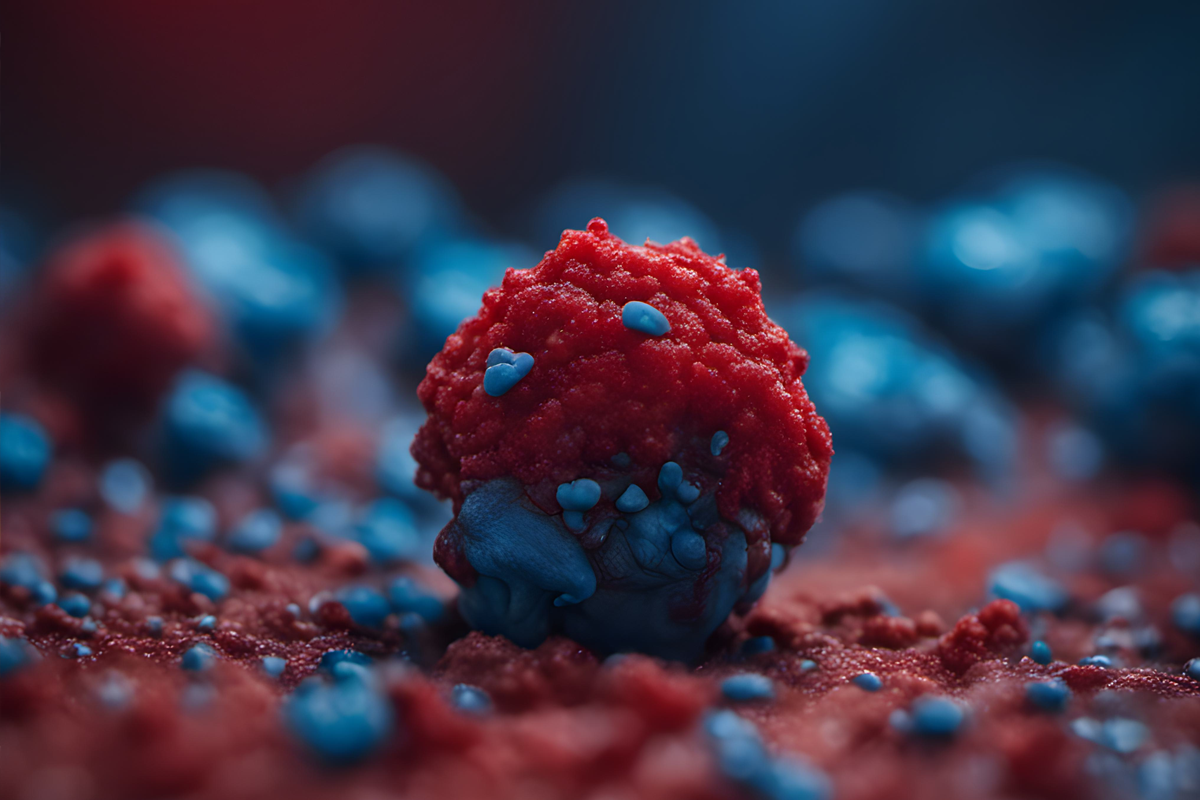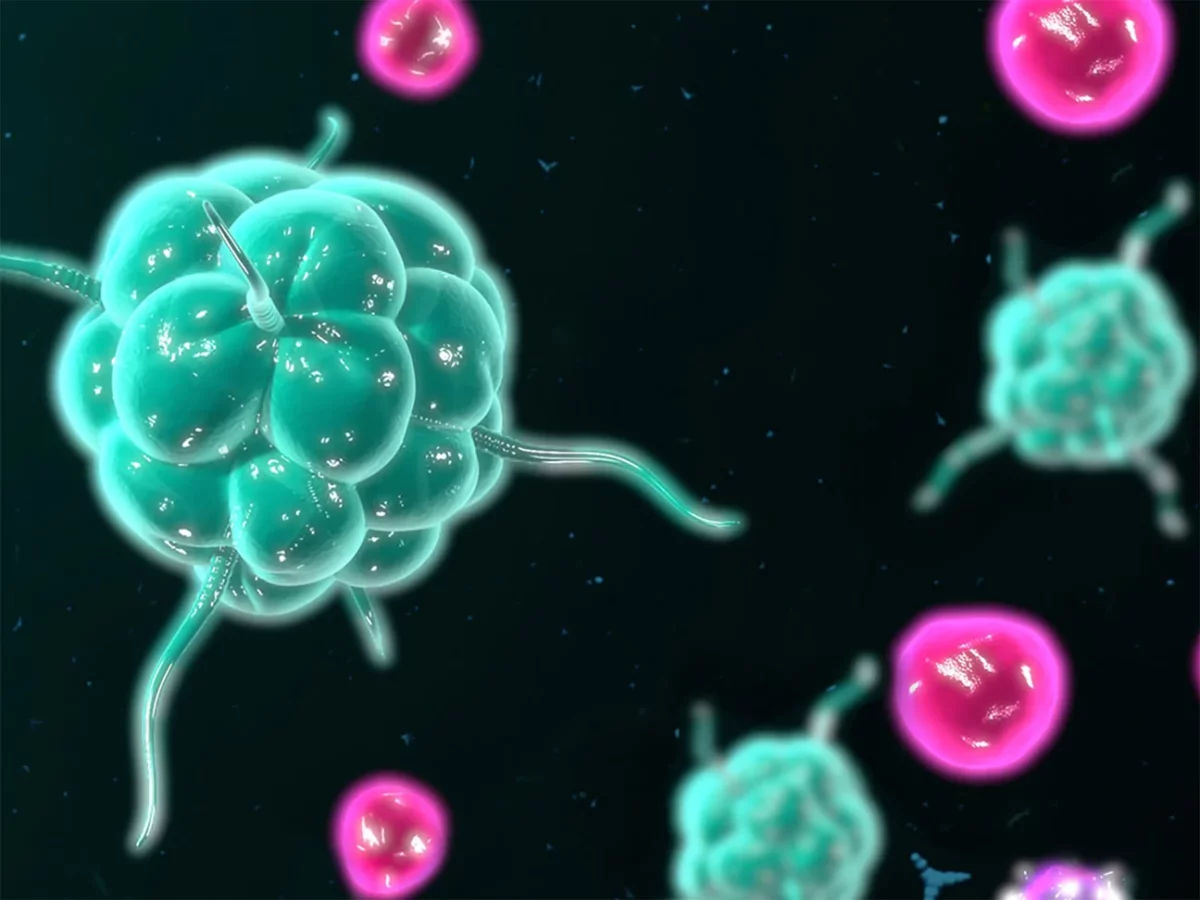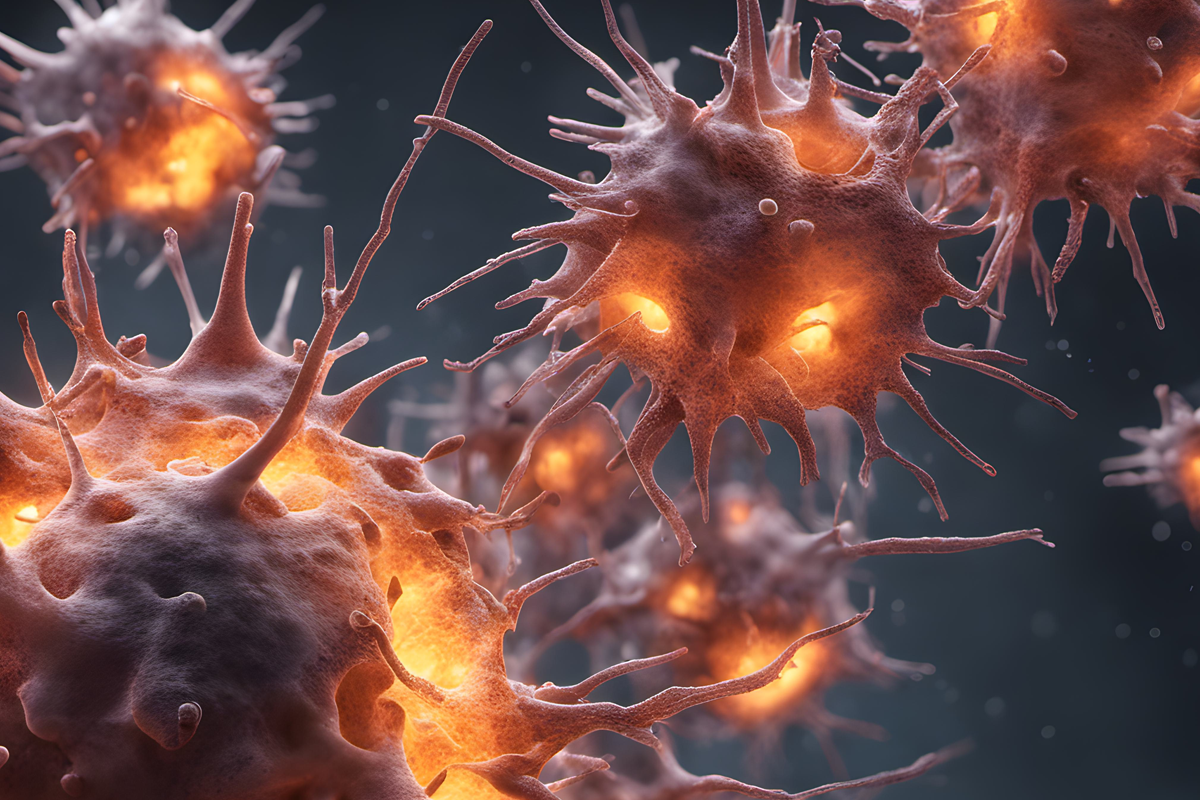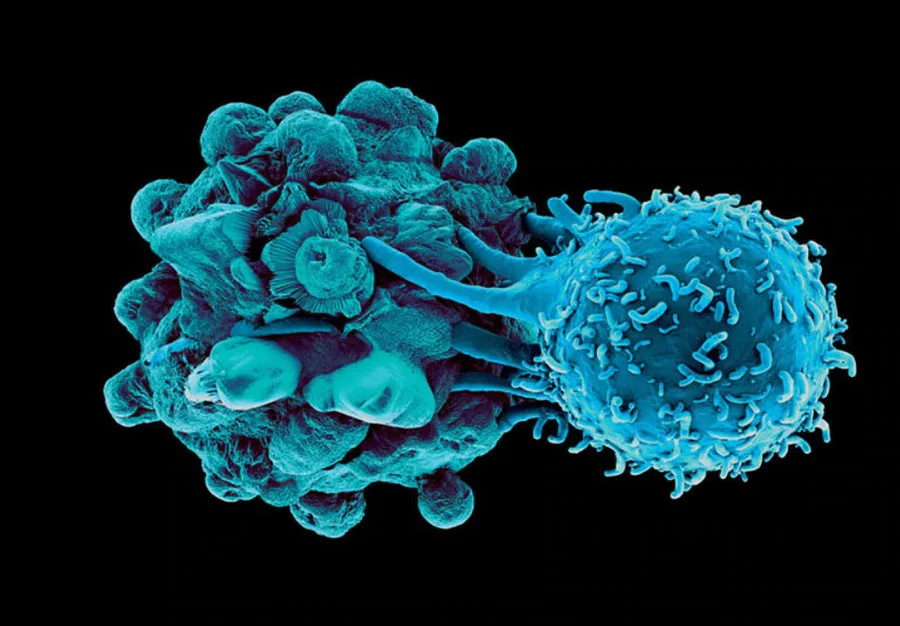Benefits of Immunotherapy at Every Stage of Cancer
In the world of cancer treatment, time is a critical factor. The sooner the intervention, the better the outcomes. This is particularly true for immunotherapy, a groundbreaking treatment strategy that leverages the body’s immune system to combat cancer.
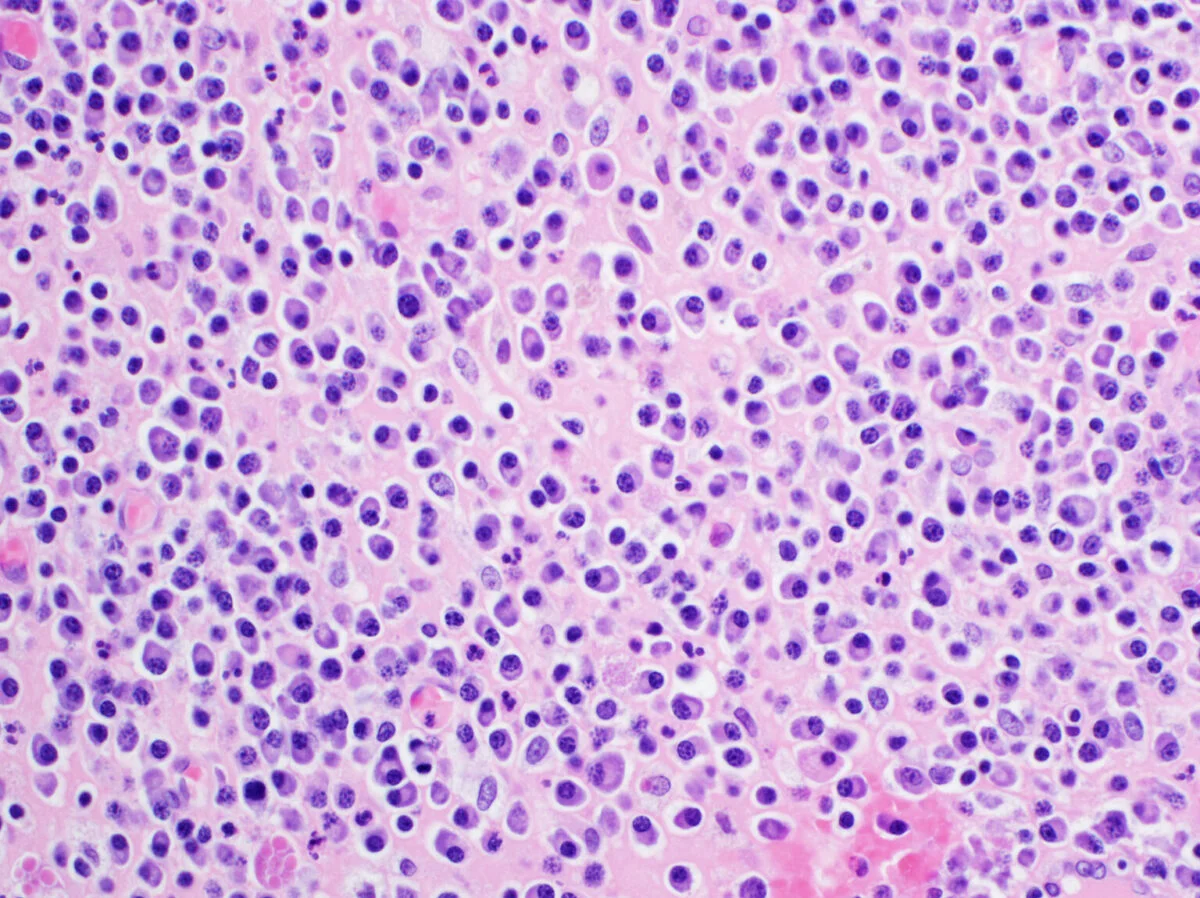
Cancer cells divide and grow exponentially, and this growth can accelerate as the tumor enlarges. This exponential growth pattern underscores the importance of early and timely intervention in cancer treatment. Recent research indicates that delays in treatment can lead to decreased survival outcomes, emphasizing the urgent need for prompt intervention 1, 2.
Immunotherapy has demonstrated its potential at every stage of cancer, proving that it’s not just an “alternative” treatment, but a vital component of comprehensive cancer management and also better employed ‘sooner rather than later’ 3, 4.
Stage 1/2 Cancers:
In the early stages of cancer (stages 1 and 2), immunotherapy can perform at its peak. At this stage, the cancer is primarily localized, making it easier for the immune system to target and combat the disease.
The lymphatic system, a crucial network in our body that facilitates the immune response, is still functioning correctly, and the tumor’s defense mechanisms are not as advanced. Therefore, this is the ideal time to deploy immunotherapy, educating the immune system to help prevent cancer spread (metastasis) and potentially eliminate the tumor.
Stage 3 Cancer:
In stage 3 cancer, the lymphatic system is typically compromised, and the threat of widespread cancer looms. Despite this, there are still lymph nodes in the vicinity of the cancer that can be utilized to channel the immune response.
Immunotherapy at this stage can help prevent or delay distant metastasis, making standard-of-care (SOC) options such as surgery more effective. Importantly, most organs are still functioning correctly at this stage, and the immune system hasn’t been completely incapacitated by tumor secretions, leaving room for immunotherapy to make a significant impact.
Stage 4 Cancer:
By stage 4, the cancer has metastasized beyond its initial location, and organ dysfunction or failure may begin to occur. The tumor’s defenses are sophisticated, and certain SOC options may be necessary if the cancer is particularly aggressive.
However, it’s important to understand that most SOC options at this stage are rarely curative. Immunotherapy can be a game changer here, as it can weaken the primary tumor, clean up the surgical “margins” (areas around the tumor that might still contain cancer cells), and target low-cell count metastases. Given the right circumstances, immunotherapy could potentially eliminate primary tumors, even in stage 4 cancer 5-8.
Conclusion:
While it’s crucial to remember that every patient’s situation is unique and immunotherapy may not be suitable for all, this innovative treatment holds significant promise. At Immunocine Cancer Center, we are committed to providing personalized, patient-focused care using the latest advancements in immunotherapy.
The critical takeaway here is that it’s never too early or too late to explore immunotherapy as part of a comprehensive cancer treatment plan. By understanding the importance of time in cancer treatment and the potential of immunotherapy, we can work towards better outcomes for all cancer patients.
References
1. Hanna, T.P. et al. Mortality due to cancer treatment delay: systematic review and meta-analysis. BMJ 371, m4087 (2020).
2. Yarra, P. & Karri, K. Delay in cancer treatment is associated with increased mortality. Evid Based Nurs 25, 101 (2022).
3. Patel, S.P. et al. Neoadjuvant-Adjuvant or Adjuvant-Only Pembrolizumab in Advanced Melanoma. N Engl J Med 388, 813-823 (2023).
4. Forde, P.M., Chaft, J.E. & Pardoll, D.M. Neoadjuvant PD-1 Blockade in Resectable Lung Cancer. N Engl J Med 379, e14 (2018).
5. Sharan, B. et al. Substantial tumor regression in prostate cancer patient with extensive skeletal metastases upon Immunotherapy (APCEDEN): A case report. Medicine (Baltimore) 99, e18889 (2020).
6. Kumar, C., Kohli, S., Chiliveru, S., Jain, M. & Sharan, B. Complete remission of rare adenocarcinoma of the oropharynx with APCEDEN((R)) (dendritic cell-based vaccine): a case report. Clin Case Rep 5,1692-1696 (2017).
7. Holtl, L. et al. Immunotherapy of metastatic renal cell carcinoma with tumor lysate-pulsed autologous dendritic cells. Clin Cancer Res 8, 3369-3376 (2002).
8. Konduri, V. et al. Dendritic cell vaccination plus low-dose doxorubicin for the treatment of spontaneous canine hemangiosarcoma. Cancer Gene Ther 26, 282-291 (2019).
READ THIS NEXT
Dr. Nasha Winters’ Mission to Create a New Standard of Cancer Treatment
For decades, Dr. Nasha Winters has been a dynamic force in the field of integrative oncology with an emphasis on the metabolic approach to c
Read MoreWhy Cancer May Stop Responding to Treatment — The Importance of Adaptive Cancer Therapies
Cancer is a complex and challenging disease to treat. While many cancers initially respond well to treatment, it’s not uncommon for th
Read MoreThe Unsung Heroes: Dendritic Cells in the Battle Against Pancreatic Cancer
Pancreatic cancer stands as one of the most formidable adversaries in the realm of oncology. This silent killer often evades early detection
Read More




